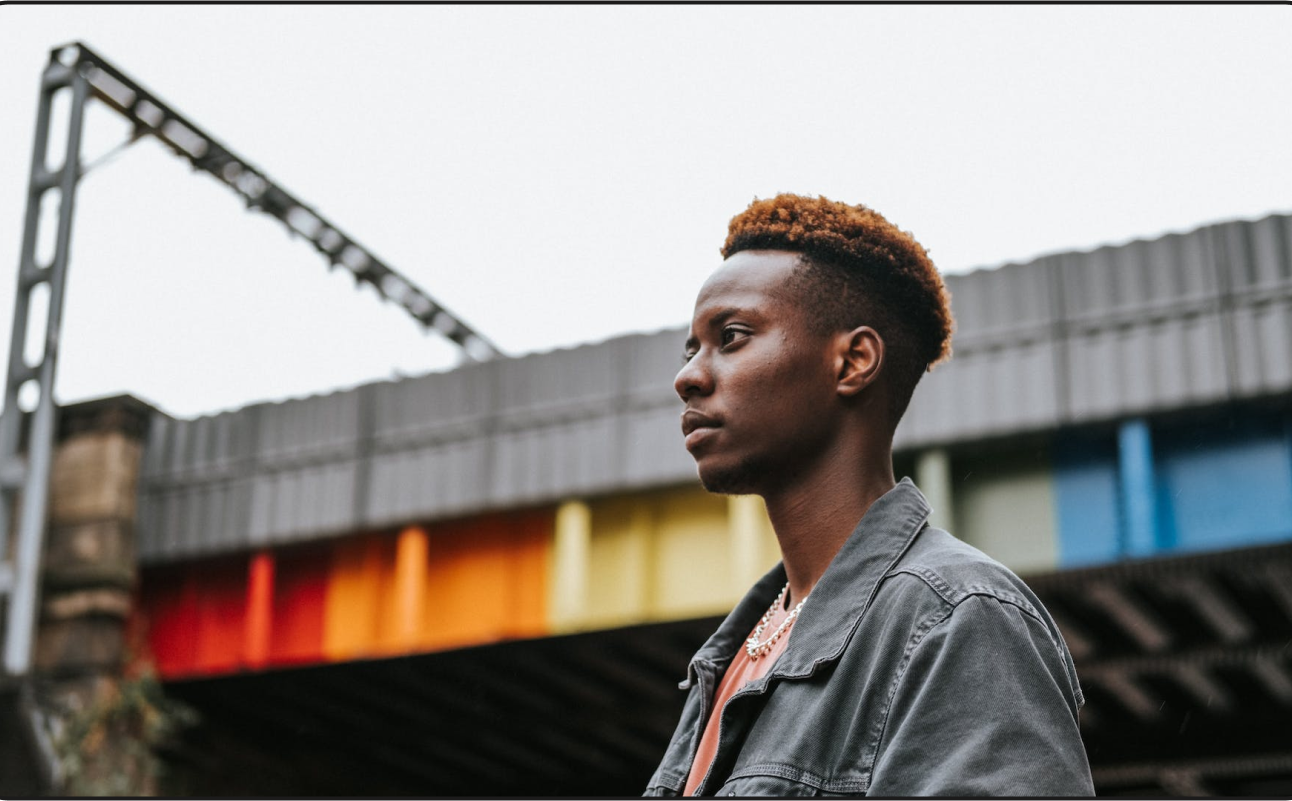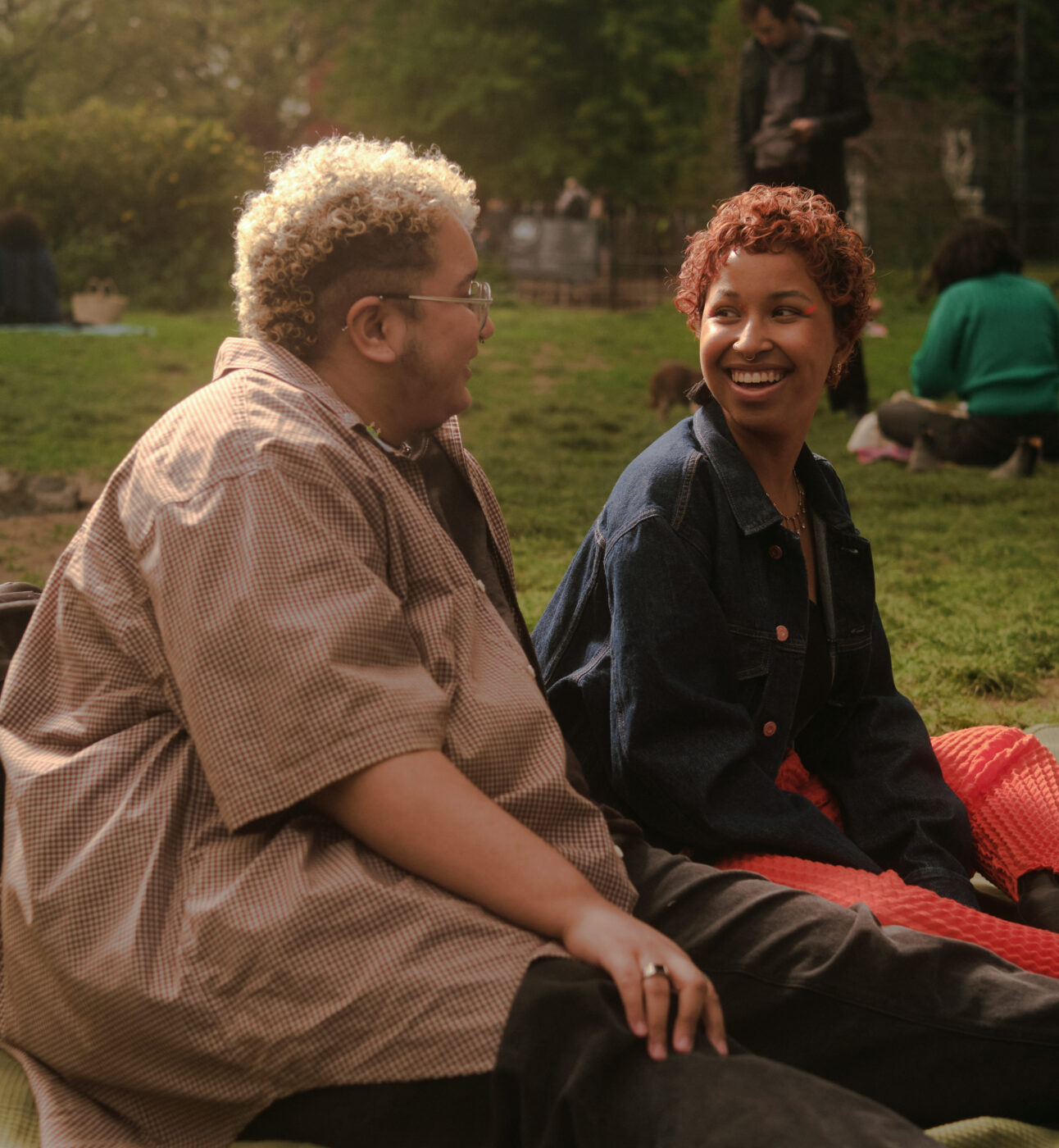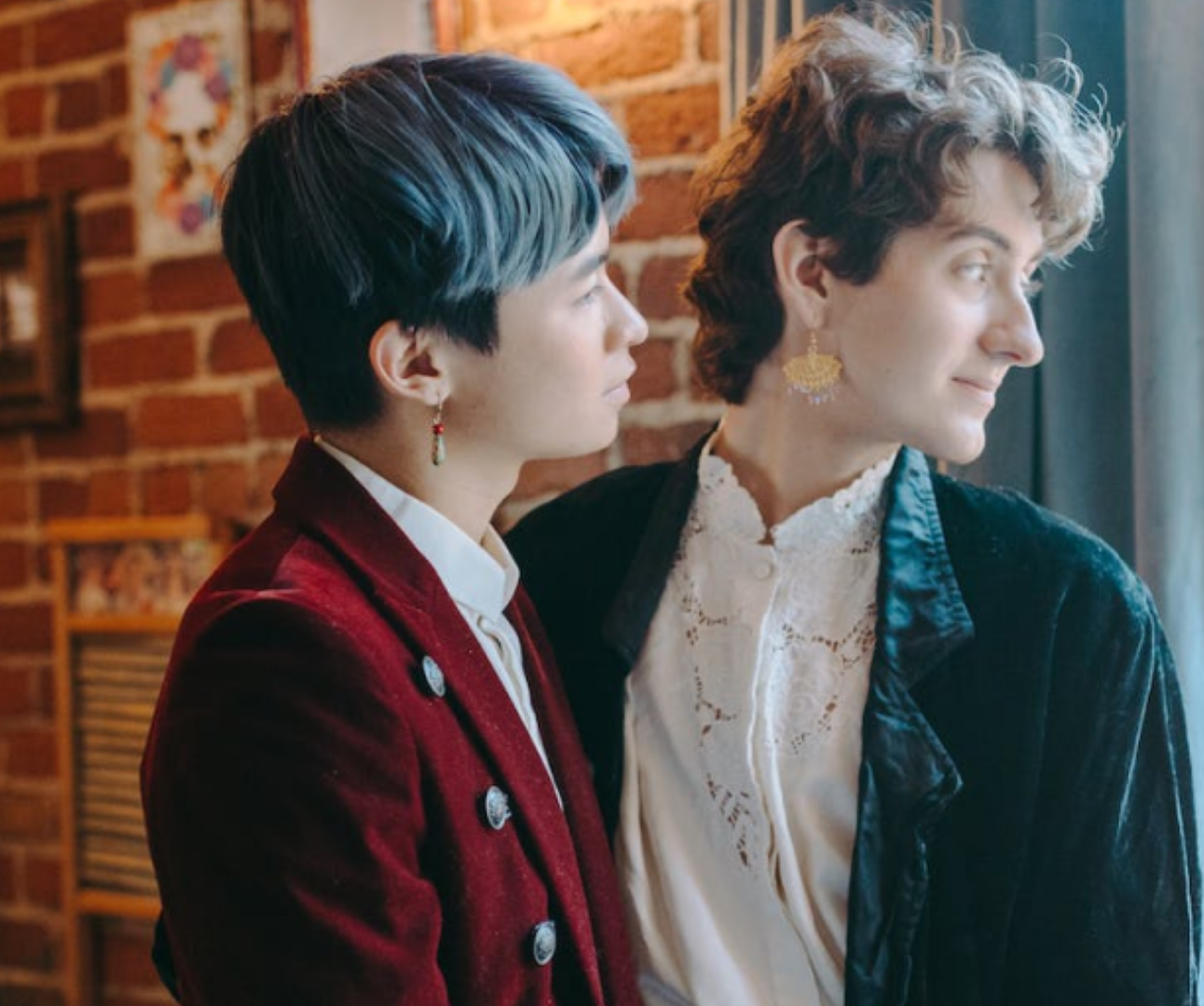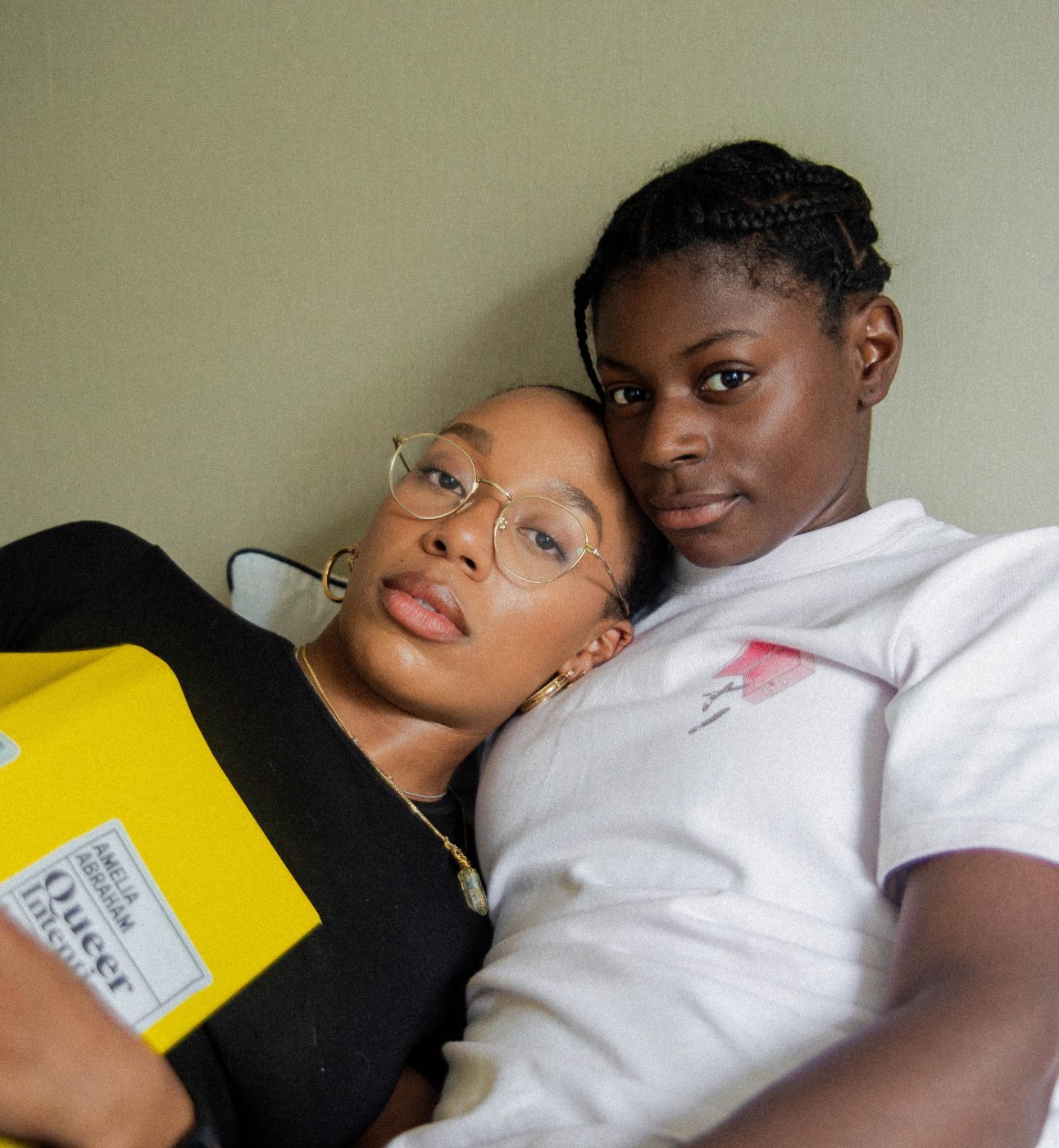
gender spectrum
is a national organisation committed to the health and well-being of gender diverse children and teens.

Agender is an umbrella term that can cover a number of different identities. Agender people sometimes find that they are left out of public conversations around the LGBTQ+ community.
Agender is an identity under the non-binary and trans+ umbrella. Some agender people feel that they have no gender identity, while others feel that agender is itself a gender identity. This can be similar to or overlap with the experience of being gender neutral, or having a neutral gender identity.
– 32.4% selected “agree”.
– 13.7% selected “strongly agree”.
– 20.6% selected “neither agree nor disagree”.
– 19.7% selected “I don’t know”.
– 6.6% selected “disagree”
– 7% selected “strongly disagree”.

is a national organisation committed to the health and well-being of gender diverse children and teens.

provide information & support to LGBTQ+ young people, including those who identify as agender, 24/7, all year round.
is a platform that seeks to provide awareness, information and resources for those whose gender identity exists outside of the binary.

offer resources and information about gender diverse young people, including support guides for gender diverse people in the work place, schools and healthcare.

offer information and support to trans+, nonbinary and agender people and their families.

is an organisation that has supported trans+, agender non-binary, gender-fluid young peoples's affirmation within their families, schools, and communities since 2013.

is a national 24hr helpline that offers support to agender, non-binary transgender and other gender diverse people and their families.

work with the trans+ and gender diverse community, with a specific focus on supporting young trans+ people under the age of 21.

offer confidential, emotional, mental health support for people who identify as transgender, agender, gender fluid and non binary.

is an advice helpline offering information, counselling and self help support groups for trans+ and gender diverse people.

offer information, advice and support for lesbian, gay, bisexual and trans+ young people under the age of 26. They can offer advice on range of issues including housing.

Provide support 7 days a week 10am – 10pm.